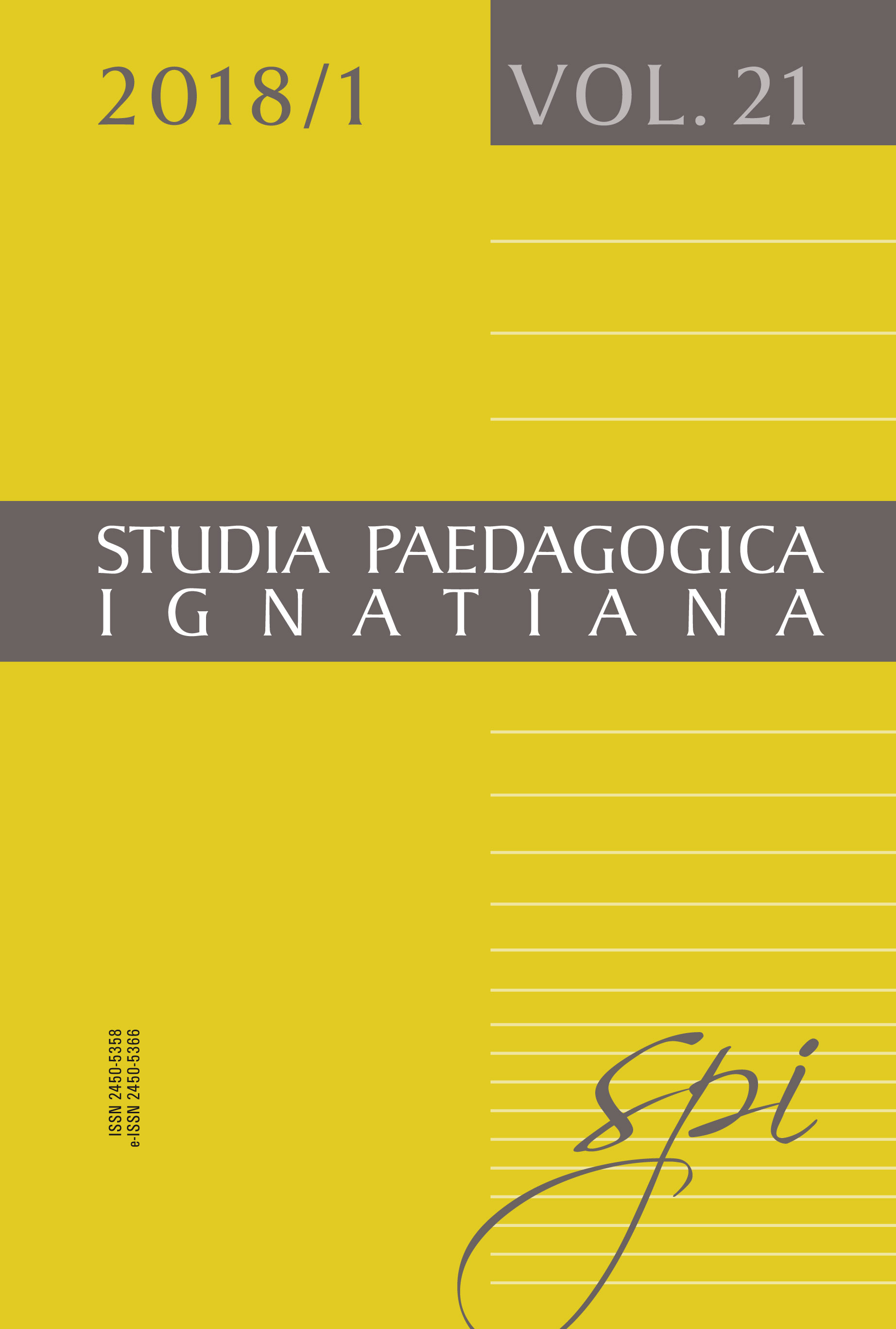Poplecznicy, wspólnicy i kompani. Funkcje koalicji międzyosobowych zawieranych przez recydywistów w więzieniu
Supporters, Accomplices and Companions: Functions of Interpersonal Coalitions Concluded by Habitual Offenders in Prison
Author(s): Renata SzczepanikSubject(s): Social Sciences, Education, Criminology
Published by: Uniwersytet Ignatianum w Krakowie
Keywords: habitual offenders; prison; masculine performances; inmate subcultures; relationships
Summary/Abstract: The aim of the article is to present types of interpersonal coalitions that convicted men conclude and a functional analysis of the particular types of alliances in prison. The subject of the research is a biographical examinations of habitual offenders, including the relationships in which they enter into with other inmates during their imprisonment. The empirical material were the records of autobiographical narrative interviews. The adoption a perspective of cognition that goes beyond the individual biographies of individuals and enables to discover the general formulas and mechanisms shaping the sense of acting of the recidivists in prison conditions was possible thanks to the methodology of the grounded theory. The theoretical framework of the analysis was determined by the dramaturgical approach of Erving Goffman. Studies have shown that during imprisonment, recidivists set up three types of alliances and each of them performs a different function. The supporter plays an important role during the first prison experience. The accomplice helps to sustain and strengthen the desired social position in the group, while the companion helps to reduce the problems associated with prison isolation.
Journal: Studia Paedagogica Ignatiana
- Issue Year: 21/2018
- Issue No: 1
- Page Range: 129-158
- Page Count: 30
- Language: Polish

